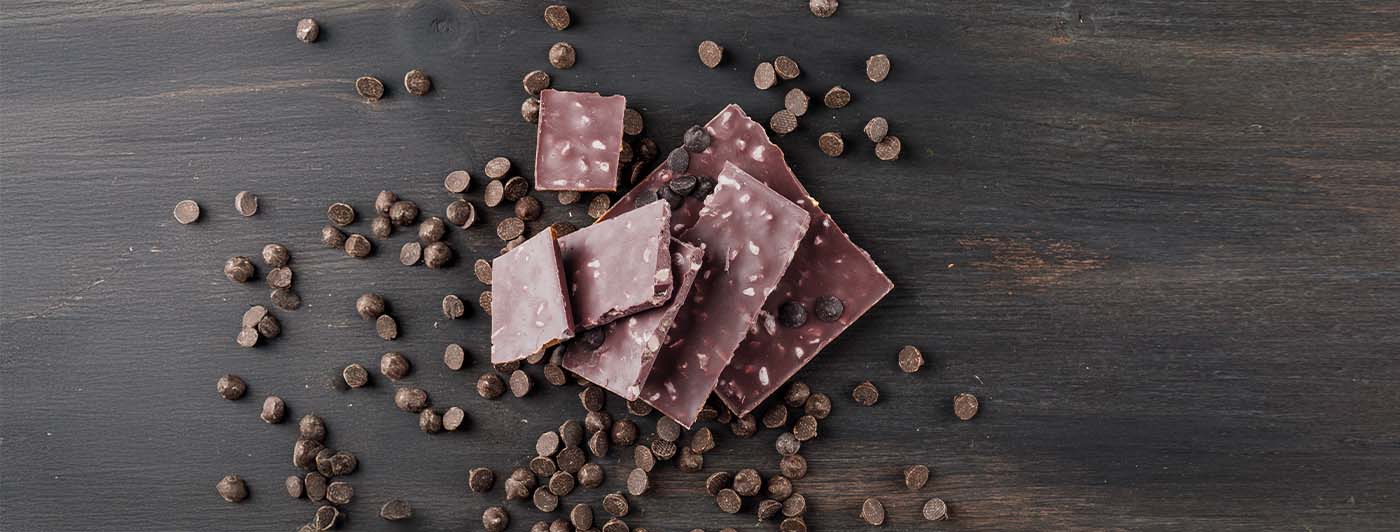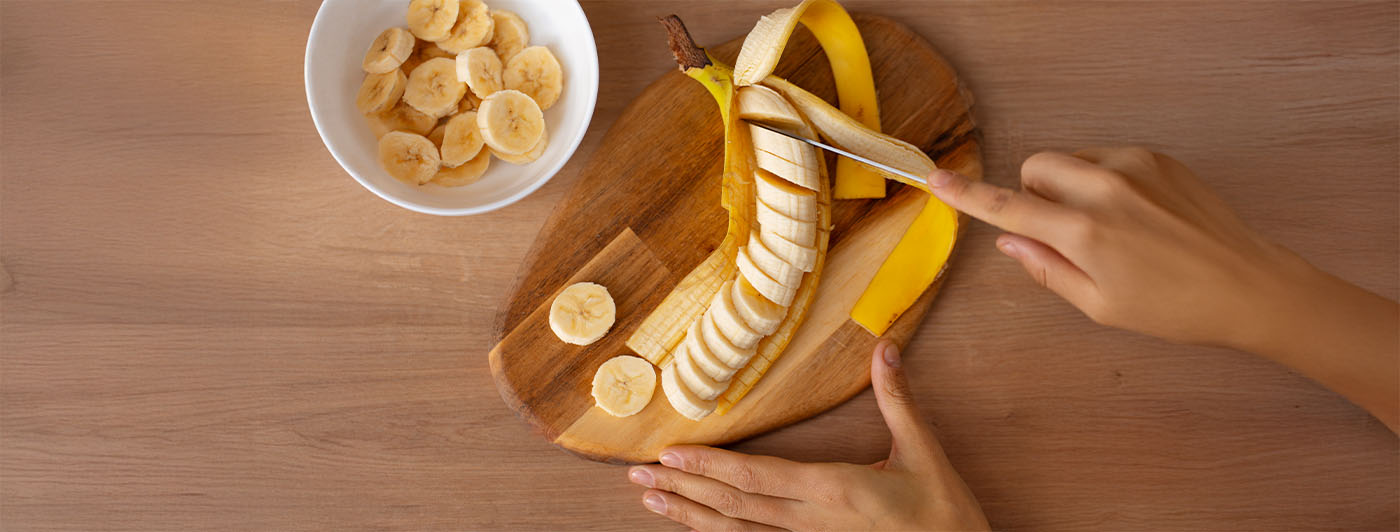What if one of your favorite guilty pleasures could actually help you lose weight? That small square of rich, dark chocolate you sneak in after dinner—could it secretly be working in your favor? Surprisingly, science suggests there’s more to this treat than just indulgence. But before you go stocking up, there's a twist: it all comes down to understanding dark chocolate calories.
Dark chocolate—rich, bitter, indulgent—has long been portrayed as the “healthier” sibling of sugary milk chocolate. But for anyone trying to lose weight, the real question is: what’s the deal with dark chocolate calories? Can a food so delicious truly help shed pounds, or is this just another case of health halo hype?
In this detailed article, we unpack the calorie content, nutritional value, and science behind dark chocolate calories, and whether or not this treat deserves a place in your weight loss plan. Spoiler: it’s not as simple as “good” or “bad.”
Whether you're building your meals around plant protein, tracking your macros, or just looking for smarter treats, this article will help you decide if dark chocolate deserves a permanent spot in your pantry.
What Are Dark Chocolate Calories Really Made Of?
The term dark chocolate calories refers to the energy content packed in every delicious bite of this antioxidant-rich food. Depending on the cocoa content, a 30-gram serving (about three squares of 70–85% dark chocolate) contains:
-
170–190 calories
-
12–15g fat
-
2–3g protein
-
7–8g sugar
-
3g fiber
Yes, it’s energy-dense—but that’s not the whole story.
Dark chocolate is unique because it's not just about calories. It’s also packed with flavonoids, powerful plant compounds with antioxidant and anti-inflammatory properties. These can contribute to better blood flow, lower blood pressure, improved brain function, and even a boost in insulin sensitivity.
So when you look at dark chocolate calories, think of them as nutrient-rich, not empty. This is what separates it from ultra-processed sweets.
Can Dark Chocolate Actually Aid Weight Loss?
Surprisingly, yes—if eaten correctly and in moderation.
Here’s how dark chocolate calories can work in your favor:

1. Reduces Cravings
A small amount of dark chocolate can help control your appetite and decrease your desire for sweet, salty, or fatty foods. The bitterness satisfies the taste buds quickly, leading to better portion control compared to sugary candies.
2. Improves Mood
When you feel happy, you're less likely to binge eat. Dark chocolate triggers the release of serotonin and endorphins —two hormones known to enhance your mood. Emotional eaters, take note.
3. Enhances Metabolism
Some studies suggest that the flavonoids in dark chocolate can influence fat metabolism, reduce oxidative stress, and support overall metabolic health.
But remember—dark chocolate calories still count toward your daily intake. Overindulging can quickly turn its benefits into setbacks.
Smart Ways to Add Dark Chocolate to Your Diet
Want to reap the rewards of dark chocolate without sabotaging your weight goals? Try these practical tips:
1. Watch the Portion Size
Stick to 1–2 squares a day. Don't eat straight from the bar—break it into small servings and savor it slowly.
2. Use It in Recipes
Add melted dark chocolate to smoothies, overnight oats, or healthy desserts. When combined with plant based protein powder, it becomes a great post-workout snack. This not only satisfies your sweet cravings but also contributes to muscle recovery.
3. Pair with Fiber-Rich Foods
Fiber rich foods like almonds, oats, or apples slow down sugar absorption and enhance fullness. Pairing dark chocolate with these can create a balanced and satisfying snack.
4. Enjoy with Superfoods
Combine dark chocolate with nutrient-rich add-ons like seeds and coconut. A good example? A dark chocolate chia pudding, which delivers chia seeds benefits for females, including hormonal support and omega-3s.
More Than Calories: The Nutrient Profile
While dark chocolate calories are often the headline, it’s what’s inside that really counts. High-quality dark chocolate (70% cocoa and above) contains essential micronutrients:
-
Magnesium – for energy production and muscle recovery
-
Iron – crucial for oxygen transport
-
Copper and Zinc – support immune health and metabolism
-
Flavanols – antioxidants that improve cardiovascular function
However, if you're following a vegan or plant-based diet, you still need to be mindful of nutrients not present in dark chocolate. One example is vitamin B12 vegetables —which are limited. B12 is primarily found in animal products, so fortified foods or supplements may be necessary.
Dark Chocolate Smoothies
Another easy and delicious way to consume dark chocolate is in smoothies. Blend a banana, almond milk, a teaspoon of cocoa powder, and a scoop of the best plant based protein for a nutritious, filling shake. Including plant protein sources like hemp, brown rice, and peas alongside dark chocolate gives you an amino acid boost with a dash of sweetness. You can even enhance it with coconut shavings to enjoy the benefits of coconut, such as boosting HDL cholesterol, supporting quick energy through MCTs, and aiding fat metabolism—all while making your smoothie taste like a tropical dessert.
This also makes your smoothie a great pre- or post-workout snack, especially if you're into back exercises cable pulldown or other strength routines. You’ll not only satisfy your taste buds but also support muscle growth and recovery.
Can It Help With Belly Fat?
So, how does dark chocolate fit into the picture of burning stubborn belly fat?
The answer lies in the full lifestyle approach. While dark chocolate alone won't magically trim your waist, it can support satiety and mood, reducing the likelihood of emotional overeating. Combine it with drinks to reduce belly fat —like green tea, infused water, or ACV-based beverages—and you’ve got a fat-fighting arsenal.
When paired with a solid workout routine, a well-rounded diet, and portion control, the dark chocolate calories you consume become part of an intelligent strategy—not a guilty pleasure.
Dark Chocolate vs. Milk Chocolate: Choose Wisely
A quick comparison makes things clearer:
|
Nutrient |
Milk Chocolate (30g) |
Dark Chocolate (30g, 70–85%) |
|
Calories |
~160 |
~180 |
|
Sugar |
~15g |
~7g |
|
Fiber |
~0.5g |
~3g |
|
Flavonoids |
Low |
High |
Clearly, dark chocolate calories come from better sources—more fiber, less sugar, and higher antioxidant content. This makes it the better choice for anyone serious about clean eating or fat loss.
The Role of Chocolate in a Balanced Lifestyle
Let’s be real—completely cutting out treats often backfires. The occasional square of dark chocolate can actually help you stay committed to your healthy lifestyle. You’re more likely to stick to your goals when you allow yourself controlled indulgences.
If you’re also working on improving gut health, getting enough protein, and reducing inflammation, pairing chocolate with plant based protein powder, seeds, and healthy fats is a smart way to satisfy cravings while staying on track.
So go ahead, enjoy that square of 85% dark chocolate after lunch. You’ve earned it.
Final Word
Here’s the bottom line: dark chocolate calories are real—but they’re not the enemy. When chosen wisely and consumed mindfully, dark chocolate becomes more than just a treat. It turns into a smart addition to your nutrition toolkit—one that satisfies cravings, nourishes your body, and keeps you motivated on your wellness journey.
Of course, no single food can do it all. Dark chocolate works best as part of a balanced approach—one that includes fiber rich foods, regular movement, and high-quality protein. If you’re following a clean, plant-forward lifestyle, complement your treats with nutrient-dense meals powered by Plantigo’s plant protein —formulated to fuel your goals without compromising on taste or purity.
So the next time you’re reaching for dessert, skip the cookie or sugar-loaded bar. Instead, enjoy a square of rich, dark chocolate—paired with a smoothie or overnight oats enhanced with clean, effective fuel like Plantigo. Your body—and your taste buds—will thank you.
Ready to snack smarter and train cleaner? Start with your next bite.
Frequently Asked Questions
1. Is dark chocolate good for weight loss?
Yes, when consumed in moderation, dark chocolate can support weight loss by reducing cravings, improving mood, and enhancing metabolism due to its flavonoid content.
2. How many calories are in dark chocolate?
A 30g serving of 70–85% dark chocolate typically contains around 170–190 calories, with 12–15g fat, 2–3g protein, and 3g fiber.
3. How much dark chocolate should I eat daily for weight loss?
Stick to 1–2 small squares (about 10–20g) per day. This provides benefits without going overboard on dark chocolate calories.
4. Does dark chocolate reduce belly fat?
Dark chocolate may help reduce belly fat indirectly by lowering stress-related eating and improving insulin sensitivity, but it works best as part of a healthy lifestyle.
5. Which is better for weight loss: milk or dark chocolate?
Dark chocolate is better due to its lower sugar content, higher fiber, and flavonoid concentration, making dark chocolate calories more nutrient-dense.
6. Can I eat dark chocolate on a plant-based or vegan diet?
Yes! Most high-quality dark chocolate is naturally vegan. Pairing it with plant protein sources can make it a perfect fit for a plant-based lifestyle.
7. What’s the best time to eat dark chocolate for weight loss?
Enjoy dark chocolate as a mid-afternoon snack or pre-workout bite to curb cravings and support energy levels—just avoid eating it too close to bedtime.












